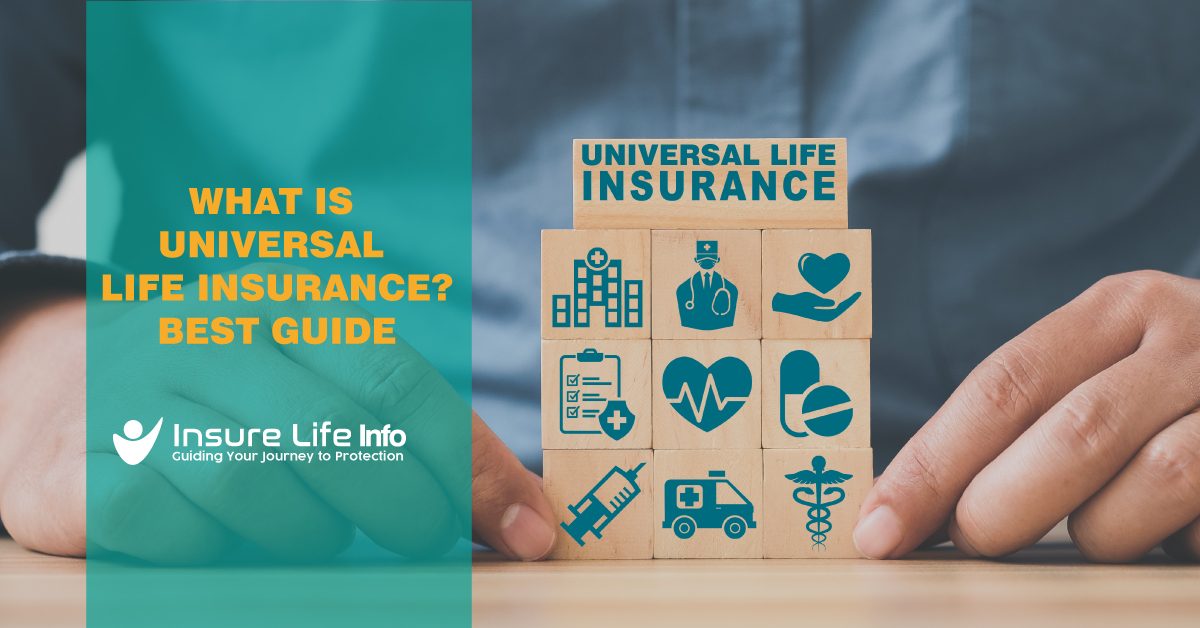Table of Contents
Buying life insurance is one of the best ways to secure your family’s financial future. But what happens if you pass away right after getting coverage? Will your policy still pay out, or are there situations where your beneficiaries might not receive the death benefit? Understanding how life insurance works in these cases can help you feel confident that your loved ones will be taken care of.
How Does Life Insurance Work When You Die?
Life insurance policy is basically a promise from the company to pay out a certain amount of money. You pay your premiums, and in return, the insurer agrees to pay a death benefit to your beneficiaries when you die. Once your policy is active, meaning you’ve paid your first premium, your coverage is in effect.
However, if you die soon after buying the policy, certain clauses like the contestability period or suicide clause could affect the payout. These clauses protect the insurance company from fraud or intentional misuse of the policy, but they can also impact how and when your beneficiaries receive the money.
What is the Contestability Period?
The contestability period is typically the first two years after your policy starts. During this time, if you die, the insurance company has the right to investigate your application for any inaccuracies. For instance, if you didn’t disclose a health condition or lied about your smoking habits, the insurer could deny the claim or reduce the payout.
This doesn’t mean your family won’t receive anything, but it could complicate the process. That’s why it’s essential to be completely honest when applying for life insurance. If everything checks out, your beneficiaries should still receive the death benefit, even if you pass away during this period.
The Suicide Clause
Most life insurance policies have a suicide clause, which prevents the policy from paying out if the insured dies by suicide within the first two years. This clause is meant to protect the insurance company from being taken advantage of. After the two-year mark, the policy will pay out even if the cause of death is suicide.
How to Claim Life Insurance After Death?
When someone passes away, their beneficiaries need to file a claim to receive the life insurance payout. Here’s how the process works:
- Get a Copy of the Death Certificate: Before anything else, the insurer will need a certified death certificate to prove the policyholder’s death. This document can be obtained from the hospital, coroner, or local government office.
- Find the Life Insurance Policy: If the policy details aren’t easily accessible, look for paperwork or check the deceased’s financial records. Sometimes, financial advisors or attorneys can help locate the policy.

- Contact the Insurance Company: Once you have the death certificate and policy, reach out to the insurance company to begin the claim process. Many insurers have online portals where you can file a claim, but you can also call them directly.
- Fill Out the Death Claim Form: The insurer will provide a death claim form, which needs to be filled out and returned along with the death certificate. This form asks for basic information about the policyholder, including their name, policy number, and cause of death.
- Wait for the Insurance Company to Review the Claim: After submitting the form, the insurance company will review it and may request additional information. Typically, claims are processed within 30 to 60 days, but this could take longer if the insurer needs more details.
Do Life Insurance Companies Check Medical Records?
Yes, Life insurance companies frequently review medical records, particularly when the insured dies within the contestability period. This is to confirm the accuracy of the information disclosed in the application process. If the insured didn’t disclose certain health issues or other relevant information, the claim could be delayed or denied.

How Soon Does Life Insurance Take Effect?
Life insurance typically goes into effect as soon as you make your first payment. The processing of a claim may be subject to delays if further underwriting is deemed necessary. For example, if you need to complete a medical exam, the insurer might issue temporary coverage until your full policy is approved. This ensures you’re covered even while the application process is being finalized.
Life Insurance Policy Claim Payout Options
Beneficiaries have a few different options for receiving the life insurance payout. Here are the most common ones:
- Lump-Sum Payment: This is the full death benefit paid out all at once. It’s the simplest and most commonly chosen option.
- Installments: The death benefit is paid out over time, providing a steady stream of income rather than one large payment.
- Annuities: Some beneficiaries choose to receive their payout through an annuity, which provides regular payments over a fixed period.

Each option has its pros and cons, so it’s worth considering what makes the most sense based on your financial needs.
Reasons for Delayed Life Insurance Claims
While most life insurance claims are paid out promptly, there are situations that can cause delays. Some common reasons include:
- Contestability Period: If the insured dies within the first two years of the policy, the insurer may take extra time to review the claim.
- Suspicious Circumstances: If the cause of death is unusual, such as homicide, the insurance company might delay payment while investigating.
- Incomplete Application: If the insurance company finds discrepancies between the application and the insured’s actual health or habits, they could delay or deny the claim.
What’s the Typical Turnaround Time for Returns?
Most folks wait 30-60 days for their life insurance payout. However, if the claim requires additional investigation like if the death occurs during the contestability period it could take longer. Keeping in contact with the insurance company and ensuring that all documents are in order can help speed up the process.
Bottom Line
Yes, you’re right! Life insurance can be a valuable tool to protect your family’s future. While policies may have clauses like contestability periods or suicide exclusions, being honest during the application process helps ensure your beneficiaries receive the benefits they deserve. Understanding how life insurance works can give you peace of mind knowing your family’s financial future is protected, regardless of circumstances.
Read More About Life Insurance
FAQ’s
Will my life insurance policy pay out if I die right after purchasing it?
Yes, as long as your policy is active and you’ve made your first payment, your beneficiaries should receive the death benefit. However, clauses like the contestability period or suicide clause may affect how and when the payout occurs.
What is the contestability period in life insurance?
The contestability period is typically the first two years of your policy. During this time, the insurer can review your application and deny a claim if it finds misrepresentation or omissions, such as undisclosed health issues.
Does life insurance cover death by suicide?
Most life insurance policies include a suicide clause that excludes payouts if the insured dies by suicide within the first two years. After this period, the policy will typically pay out even if suicide is the cause of death.
How soon after buying life insurance can a claim be made?
Life insurance coverage begins as soon as you pay your first premium. If you die shortly after, your beneficiaries can file a claim immediately, though the insurer may review the claim if the death occurs within the contestability period.
How does the insurance company process a death claim?
Beneficiaries must provide a death certificate and complete a death claim form. The insurance company then reviews the claim, typically paying out within 30 to 60 days, unless additional investigation is required.
Can life insurance claims be delayed if the insured dies soon after buying the policy?
Yes, claims may be delayed if the insured dies during the contestability period or under suspicious circumstances. The insurer may investigate the cause of death and review the application for any discrepancies.




